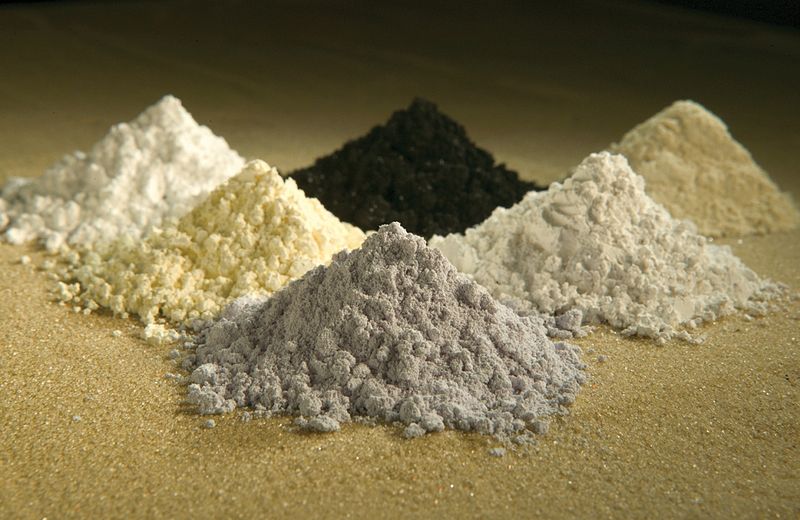How China wages war on the United States on rare earths

The war between the US and China also involves rare earths. The in-depth analysis by Giuseppe Gagliano
In 2019, a Chinese government-funded report clarified Beijing's strategic advantage in controlling strategic mineral supply chains. If the trade war between the US and China intensifies, the report notes that "China will not rule out using rare earth exports as a lever to address the situation."
According to General James Conway and Peter Ackerman in an article published in the Financial Times, China, after invading the market for low-cost supplies since the 1980s, now represents 90% of world production of rare earths.
China also controls the refining and processing sectors, critical security bottlenecks in the United States and around the world, as rare earths form the basis of America's high-end defense systems.
But China's control of rare earths is only the tip of the iceberg. The country has acquired – and is determined to maintain – a tight grip on a wide range of minerals that form the foundation of tomorrow's most important industries.
In its Made in China 2025 initiative, Beijing has identified a wide range of industries of significant emerging strategic and economic importance, including connected, autonomous and electric vehicles and the batteries that power them.
The country driving this transition will be the nation that sets the standards for the future of transportation. The key to driving this transition is the acquisition of ownership of the electric vehicle (EV) supply chain, from minerals to markets, and China has worked hard to exert extensive control over the mining and processing of minerals.
Over 70% of the world's production capacity for electric vehicle batteries is in China, while the United States has less than 10%.
Of the 142 mega lithium-ion battery factories under construction in the world, China is home to 107. Only nine are in the United States.
China also produces over 60% of the world's cathodes and 80% of the battery anodes and most of the world's permanent magnets used in electric vehicle motors.
Left unchecked, this dominance will become a devastating strategic vulnerability for the US and the EU, especially as European climate policy goals push Europe towards zero-emission vehicles.
Europe risks a critical scenario in which it could move from dependence on an oil market dominated by OPEC countries that do not share the EU's strategic objectives, to possible dependence on China for future transport needs.
But while petroleum is a global industry, mineral processing and the manufacturing of electric vehicle components are almost exclusively Chinese. Furthermore, China is jeopardizing the auto industry in Europe and America, a sector in the United States that supports 10 million jobs, 3% of the country's gross domestic product, and is the backbone of advanced economic manufacturing. .
The best solution for the United States and its partners is to not need these minerals at all. Engaging in long-term research and development finance for recycling and development of alternative materials should be a government priority, freeing the country from supply chain vulnerabilities and providing a lasting boost to long-term energy security.
But until viable alternatives are found, it will be necessary for the US to develop a strategic mineral supply chain that is less dependent on China. For minerals not available domestically, international allies need to diversify supply, working together to limit Chinese investment in critical resource reserves.
The weaknesses of American national security related to China's dependence on rare earths are too significant and for this very reason the current status quo must be overcome.
This is a machine translation from Italian language of a post published on Start Magazine at the URL https://www.startmag.it/mondo/come-la-cina-fa-la-guerra-agli-stati-uniti-sulle-terre-rare/ on Sat, 24 Oct 2020 06:09:12 +0000.
